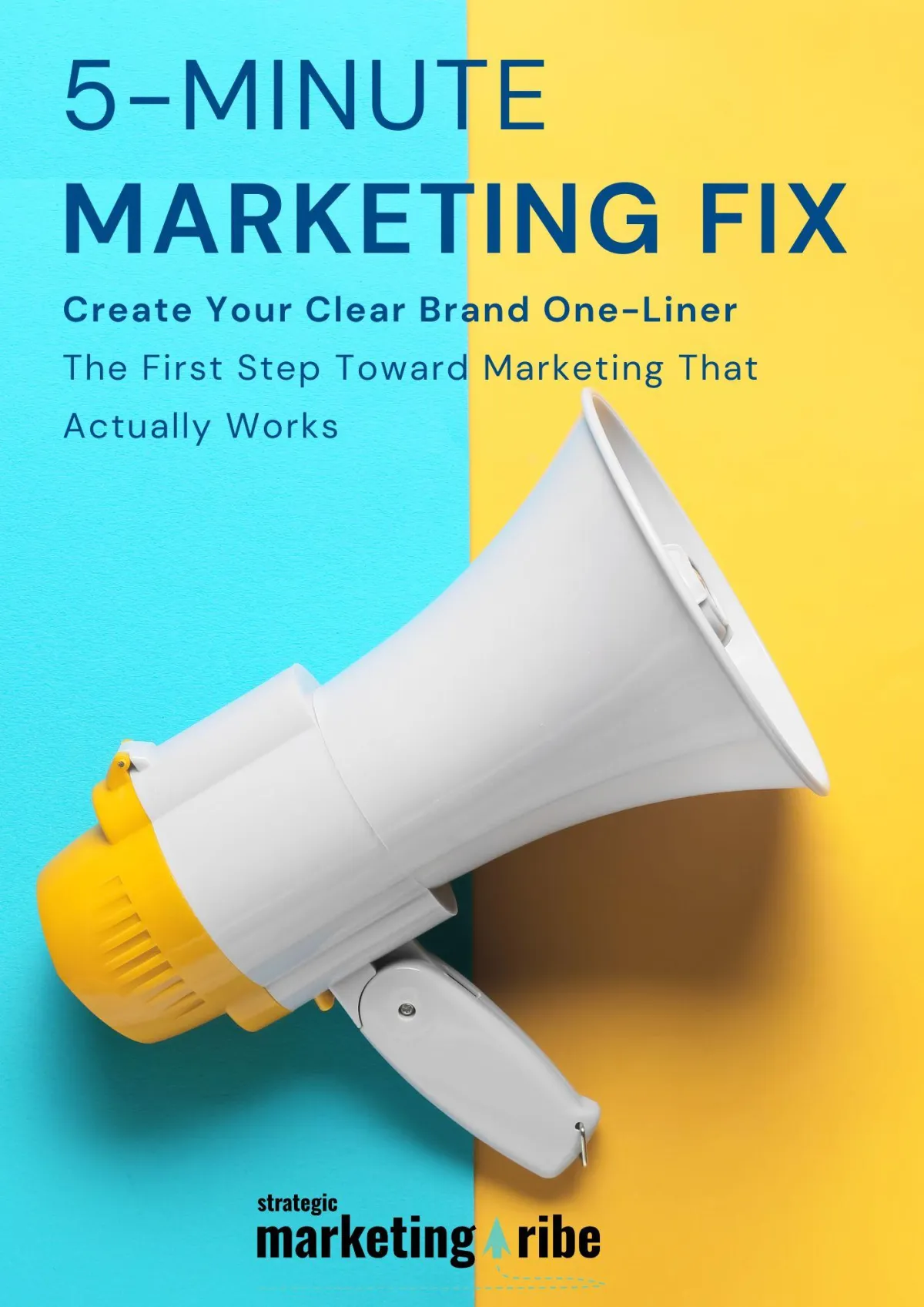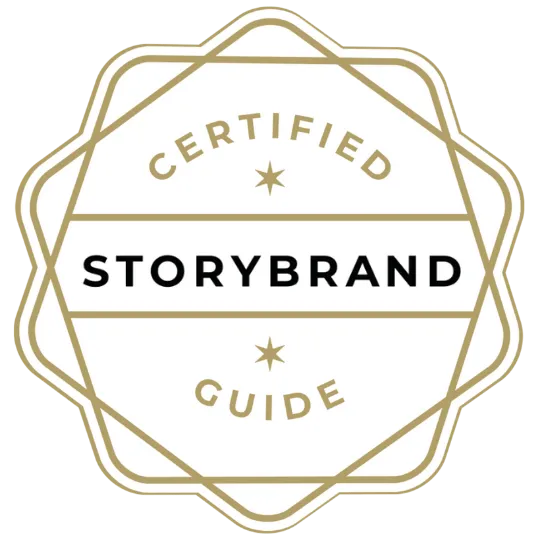NEWS, MEET STRATEGY
Real news, real insights – for small businesses who want to understand what’s happening and why it matters.

New Competition Law Exemptions Could Be a Game-Changer for South African SMMEs
By Vicky Sidler | Published 29 June 2025 at 19:30 GMT
If you’ve ever tried to team up with another small business and been told it’s illegal—you’re not alone.
South African competition laws used to treat small players like they were plotting a corporate takeover. But that’s changing.
According to a Daily Investor report, the government has just rolled out new exemptions that finally give SMMEs a bit more room to collaborate without breaking the law.
But before you go scheduling a cartel-themed strategy day, here’s what you need to know.
TL;DR
The government is giving small businesses more legal freedom to collaborate—but with rules.
Here’s the short version:
You can now team up on things like R&D, procurement, and collective negotiation.
You still can’t fix prices or rig bids.
You’ll need formal approval before you act—and solid documentation after.
Done right, this could be a real chance to save costs, boost growth, and compete smarter.
What’s Changed—and Why It Matters:
Outgoing Minister Ebrahim Patel signed off on new rules right before the elections. The goal? Make it easier for SMMEs to join forces in ways that were previously off-limits under the Competition Act.
Under the new SMME Block Exemption Regulations, small businesses can now legally collaborate in seven key areas—things like:
Joint R&D
Shared production or toll manufacturing
Group buying and group selling
Standardisation and collective commercialisation
Negotiating better terms with big buyers
The message is clear: collaboration isn’t just allowed—it’s encouraged.
What You Still Can’t Do:
While the exemption helps, it’s not a free-for-all.
You still can’t:
Fix selling prices to consumers
Engage in bid-rigging or collusive tendering
Some grey areas remain. For example, it’s unclear whether fixing purchase prices or dividing up markets is allowed. Legal experts suggest this might’ve been either a loophole—or a quiet shift in policy. (Watch this space.)
The Process—Approval First, Then Paperwork:
You’ll need to apply to the Competition Commission before going ahead with any exempted collaboration. They’ve got 30 working days to respond—faster than the usual sluggish timelines.
Once approved, you’ll need to:
Notify the Commission before rollout
Keep written records and meeting minutes
Stay ready to prove your actions are within scope
This is not one of those “it’s easier to ask forgiveness than permission” situations. Paperwork isn’t optional.
Bonus Round—Draft Rules for Vertical Agreements:
Patel also introduced Draft Vertical Restraint Regulations. These deal with vertical relationships—like between a supplier and retailer, or franchisor and franchisee.
The rules clarify what types of restrictions could now be seen as anti-competitive.
Watch out for:
Bans on selling to certain groups or areas
Blocking access to spare parts or tools for independent repairers
Preventing price competition across online marketplaces
Restricting who can access core infrastructure or services
If you’re in retail, franchising, or supply-chain-heavy sectors, these rules could have real teeth. And they’re not just guidelines—they’re law.
What You Should Actually Do About All This:
As a Duct Tape Marketing Strategist and StoryBrand Certified Guide, here’s how I’d recommend approaching this:
1️⃣ Check if you qualify:
Not every small business fits the legal definition of an SMME. Look at your headcount, turnover, and industry.
2️⃣ Review your current contracts:
Are you already doing anything that might now be exempt—or at risk of breaching the new vertical rules? This is a good time for a legal once-over.
3️⃣ Think collaboration, not collusion:
There’s real opportunity in shared purchasing, marketing, or distribution. But only if done by the book.
4️⃣ Document everything:
If you’re applying for an exemption, keep your process squeaky clean. Approvals, minutes, terms—make sure they’re clear and accessible.
Don’t Let a Legal Loophole Trip Up Your Marketing:
These new laws create real opportunity—but also risk. If you’re teaming up with other businesses, your messaging needs to be crystal clear.
The last thing you want is for a confused client (or regulator) to think you’re price-fixing because your marketing says “standardised pricing” with zero context.
Grab the 5-Minute Marketing Fix—my free tool to help you explain what you do, why it matters, and how you’re different.
Clear messaging = trust + legal confidence.

Created with clarity (and coffee)






